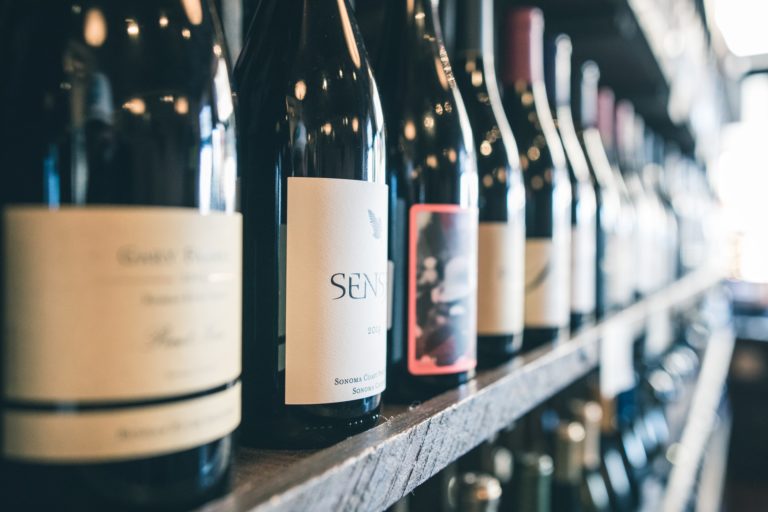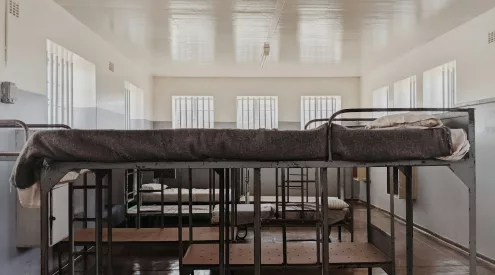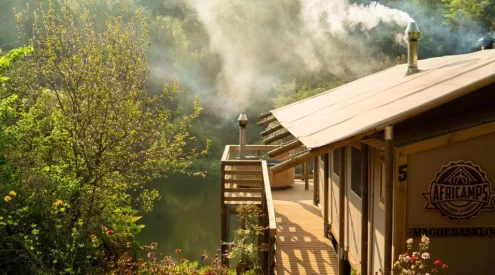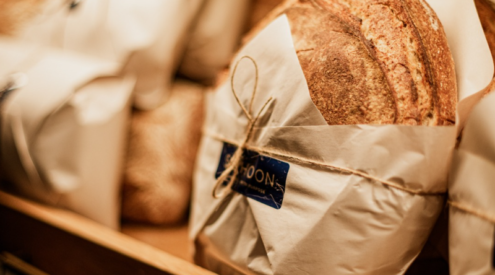Faced with the devastating impact that the third ban has had on the wine industry, Vinpro will approach the Cape High Court.
Urgent interim relief will be sought which would afford the Premier of the Western Cape the power to adopt deviations to enable off- and on-consumption sale of liquor in the province. Ultimately similar relief will be sought in respect of other provinces. The matter is set down for hearing on 5 February 2021.
As one of the oldest agricultural industries in the country, which supports the livelihoods of 269 000 employees, generates R55 billion in revenue for the economy and builds a strong brand reputation as a unique asset for the country, the South African wine industry has become part of our cultural and economic fabric.

R8 billion in direct sales have been lost since the first alcohol ban.
Vinpro represents 2 575 South African wine producers, sellers and industry stakeholders, consisting of a significant workforce, all of whom owe their livelihood to and are dependent upon the wine industry.
‘During the past year, our industry has worked tirelessly to be part of the solution when our country found itself in the grip of the deadly Covid-19 pandemic. This included collaborating with government and proactively implementing preventative measures from farm to retail to safeguard the lives and livelihoods of the people working throughout our value-chain and the broader community,’ Vinpro said.
‘Despite continuous engagement with government to curb the spread of the virus through the implementation of a risk-adjusted approach to re-opening the economy and addressing the social ills of alcohol abuse through a social compact, our proposals were not taken into account when the third ban was introduced on 28 December 2020. Government has also not been transparent with us on justifying the continued ban, nor did they give any explanation or clarity on the timeline for a review of this ban. This makes planning and contingency plans impossible.’
Since March 2020, a total of 19 weeks were lost to the alcohol ban. This resulted in a loss of more than R8 billion in direct sales and the possible closure of cellars and producers, threatening 27 000 jobs and putting the most vulnerable in our communities in a poverty trap which will have far-reaching socioeconomic outcomes that will place an even greater strain on our healthcare system.
Furthermore, with the 2021 harvest commencing this week, the industry now has more than 640 million litres of stock of which 300 million is uncontracted. This poses a material risk of insufficient processing and storage capacity for the new harvest and threatens the sustainability of the wine industry.
‘While we share government’s concern over the devastating effect of this pandemic and support meaningful measures to flatten the curve, we do not support the continued outright ban on the sale of wine while alternative interventions are available to mitigate risks,’ Vinpro continued.
‘Vinpro is not saying a liquor ban may not be justified when hospitals and particularly trauma units are under pressure. However, we believe that not only has the wrong level of government been dealing with the retail sale of liquor during the national state of disaster, but the government has used and maintained nationwide bans which are overbroad, unnecessary, unjustified and, indeed, counter-productive,’ the body added.
‘A more flexible, nimble approach is needed, based on credible empirical data, where the provincial executive should be empowered to deal with the retail sale of liquor for the rest of the pandemic, because provincial authorities are normally responsible for regulating the sale of liquor and in charge of healthcare and provincial hospitals, thus they are better equipped to manage the delicate balance between lives and livelihoods.’
Picture: Unsplash


















